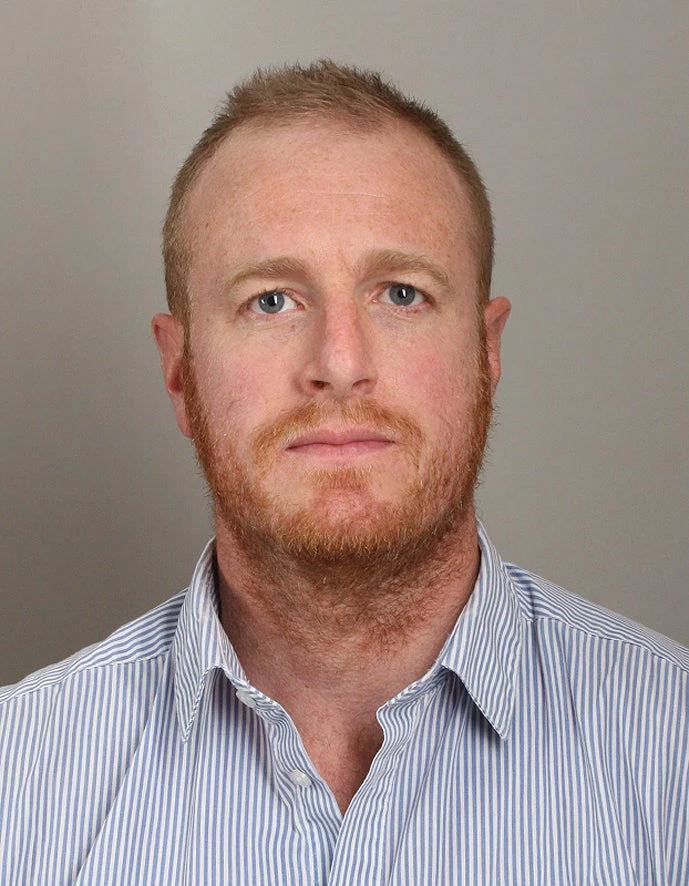 Internally displaced persons (IDPs) are amongst the most vulnerable, with women and children facing heightened risks of health and nutrition challenges.
Internally displaced persons (IDPs) are amongst the most vulnerable, with women and children facing heightened risks of health and nutrition challenges.
The escalation of violence by armed groups in Haiti has compounded the already dire situation. Many parts of the capital city of Port-au-Prince remain engulfed in extreme violence, exacerbating the challenges faced by countless families and children who lack access to basic services, including drinking water, hygienic products, and sanitation facilities.
The latest figures on internal displacements reveal that the number of internally displaced persons has increased significantly as a result of the latest escalation in violence. As of June 2024, the IOM estimated that close to 580,000 people have been uprooted across the country (a 60% increase since the last monitoring report of March 2024), 186,000 of them in the Port-au-Prince area, of which half are estimated to be children. In Port-au-Prince the majority of displaced persons are in improvised sites (61%) while others are in host families (39%). This situation places an enormous strain on the already limited resources of host communities as well as existing social infrastructure and services.
Internally displaced persons (IDPs) are amongst the most vulnerable, with women and children facing heightened risks of health and nutrition challenges. Cholera outbreaks in the temporary camps has also been a growing concern.

Type of displacement sites in the Metropolitan Area of Port-au-Prince. Source: IOM
The Decentralized, Sustainable, and Resilient Rural Water Supply and Sanitation Project, funded by the World Bank, supports the improvement of living conditions and well-being of displaced persons in Port-au-Prince through an agreement between the National Directorate of Potable Water and Sanitation (Direction Nationale de l’Eau Potable et de l’Assainissement - DINEPA) and UNICEF. This agreement aims to ensure adequate access to safe drinking water, improved basic sanitation, and proper hygiene conditions.
To date, the Project has intervened at 18 different displaced persons sites; one million liters of drinking water have been distributed to 22,000 displaced people over a three-month period; 400 people have been trained in chlorination of water storage and distribution points; existing toilets have been rehabilitated; additional toilets have been installed; separate showers for men and women have been constructed; handwashing stations with soap have been installed, and 3,665 people have received hygiene kits. Solid waste management has also been implemented to ensure the cleanliness of the sites.
The Project also strengthens DINEPA’s Emergency Response Department (Départment de Reponses aux Urgence) to respond to natural and man-made disasters in a country where almost 96 percent of the population is considered at risk. The Project provides resources for rapid response interventions as well as the capacity building and technical assistance necessary to deliver. By supporting rapid emergency response and enhancing the institutional capacity of DINEPA, the Project bridges the humanitarian-development nexus by enabling the government to better help and protect internally displaced populations.
Globally, addressing the needs of IDPs and their hosts is a development issue directly relevant to the World Bank Group’s (WBG) mission in close collaboration with Development Partners and UN Agencies involved in humanitarian aid. The WBG increasingly engages in research, data collection, and investment projects benefiting IDPs. In the period between 2000–2019, the World Bank financed 85 projects globally where either IDPs were the direct beneficiaries or included the presence of IDPs within a community was a criterion for site selection.
The WBG’s Evolution Roadmap sets the priorities and objectives for 2030. Addressing the causes and impacts of forced displacement is vital to a world a free poverty on a livable planet. It is estimated that 40 percent of the global poor live in fragile and conflict situations. According to the IMF, this figure could grow to 60 percent by 2030. The new WBG Scorecard (2024) provides a guidepost for accountability, aligning incentives towards the achievement of WBG results, and include indicator #14 “millions of displaced populations and people in host communities provided with services and livelihoods”. The Latin America and Caribbean region (LCR) accounts for 28 percent of the globally displaced, and within LCR, Haiti accounts for 18 percent.
The Project’s support for a WASH response to violence-induced population displacement marks a critical step in addressing the urgent needs of affected communities. Ultimately, contributing to the broader goal of sustainable development and stability in Haiti, reinforcing the World Bank Group's commitment to supporting vulnerable populations in fragile and conflict-affected settings.




Join the Conversation